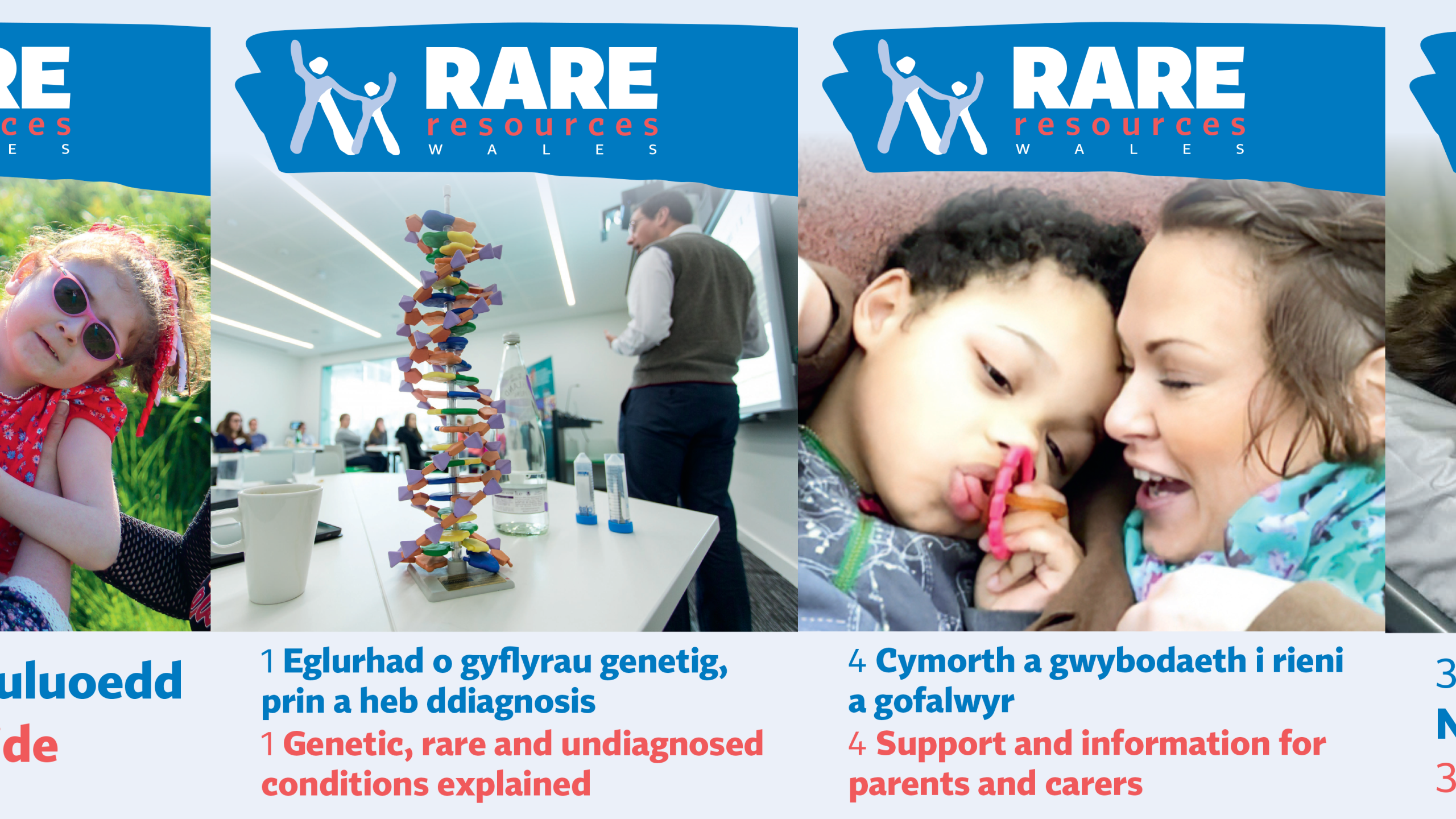The Rare Resources guides have been produced by Genetic Alliance UK for families who have recently received a diagnosis of a genetic or rare condition, are on the journey to a diagnosis or who have been told their child’s condition is so rare they might not get a diagnosis.
These guides are downloadable toolkits of information and sources of support for people living with genetic, rare and undiagnosed conditions in England, Scotland and Wales.
The guides contain a wide range of general information on rare, genetic and undiagnosed conditions as well as information on how to access reliable information, care and support. They were developed in collaboration with families supporting children living with genetic, rare and undiagnosed conditions.
If you find these guides useful, please consider making a donation to help us continue our vital work.
Rare Resources England
- Guide for families in England (coming soon)
- Genetic, rare and undiagnosed conditions explained
- The journey to diagnosis
- Using the NHS in England (coming soon)
- Support and information for parents and carers (coming soon)
- Support and information for your child (coming soon)
The Rare Resource guides for England have been developed with funding from our industry partners, the Sir James Roll Trust, the Hospital Saturday Fund and The James Tudor Foundation.

Rare Resources Scotland
- Guide for families in Scotland
- Genetic, rare and undiagnosed conditions explained
- The journey to diagnosis
- Using the NHS in Scotland
- Support and information for parents and carers
- Support and information for your child
- A guide for professionals
The Rare Resources Scotland have been produced with support from the Scottish Government through a CYPFEIF and ALEC Fund Grant.
Rare Resources Wales
Our Rare Resources Wales are available in both English and Welsh.
- Guide for families in Wales
- Genetic, rare and undiagnosed conditions explained
- The journey to diagnosis
- Using the NHS in Wales
- Support and information for parents and carers
- Support and information for your child
- A guide for professionals
The Rare Resource guides for Wales have been developed and produced with funding from The National Lottery Community Fund Wales.
Top tips by families, for families
Find reliable information and support
It may be helpful to find information on your child’s condition. For some conditions there may be a support group available. The Rare Resources guides provide information on how to access reliable information and support, even if your child does not have a diagnosis.
Don’t be afraid to ask for help
Remember it is completely normal to feel overwhelmed from time to time. Don’t be afraid to ask for help if you need it.
Meet other parent carers
It can be very beneficial to meet others who are experiencing, or have experienced what you are going through.
Understand your rights, and the rights of your child
You may find that you and your child are eligible for practical, emotional and financial support. The Rare Resources guides contain information on the support available to families in England, Scotland and Wales.
Get organised
Keep a copy of all letters and information relating to your child’s health together. This will ensure you have the important information together and help you keep track of your child’s progress.

